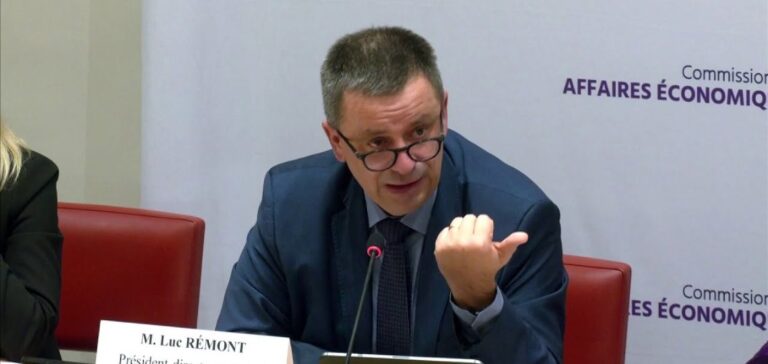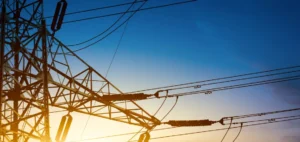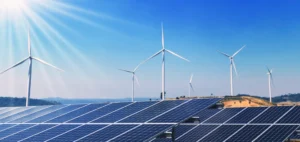Luc Rémont will soon leave his position at the head of Électricité de France (EDF), two years after succeeding Jean-Bernard Lévy. His appointment in November 2022 came during a phase of strategic recentralisation, marked by EDF’s return to full state ownership. Despite a major financial turnaround and an unprecedented net profit in 2024, government authorities decided not to renew his mandate.
Governance clashes amid nuclear revival
From the outset of his mandate, Luc Rémont was tasked with restoring the French nuclear fleet, weakened at the time by extensive maintenance operations and corrosion issues identified in several reactors. At the height of the crisis, nearly half of the 56 reactors were offline. The state shareholder expected a rapid increase in nuclear output in line with the strategy for reindustrialisation and economic electrification. EDF was thus required to embark on an investment cycle of unmatched scale, as Luc Rémont publicly stated.
Deteriorated relations with the state and industrial clients
Throughout his tenure, Luc Rémont sought to preserve the group’s economic balance while responding to political directives. Divergences emerged, particularly over electricity pricing. Industrial clients criticised the rising costs, raising concerns over competitiveness. During a board meeting in September 2023, a tense exchange with a state representative highlighted mounting friction between the executive and the public shareholder, according to an internal source.
A career between civil service and private industry
Aged 55, Luc Rémont is a graduate of École Polytechnique. He began his career at the French defence procurement agency (DGA), before joining the Ministry of the Economy and Finance, where he served as deputy chief of staff to then-minister Thierry Breton. He later held executive roles at the investment bank Bank of America Merrill Lynch and the industrial group Schneider Electric, where he solidified his industry credentials.
A mixed record in internal management
Despite criticism over internal communication, several trade union representatives acknowledged Luc Rémont’s intent to defend EDF’s management autonomy. Gwenaël Plagne, secretary of the central social and economic committee (CSEC) of the energy group, suggested the executive sought broader commercial flexibility in the face of a state prioritising household purchasing power and industrial competitiveness. Although marked by limited internal dialogue, Rémont’s leadership was perceived as more open to social dialogue than that of his predecessor.






















